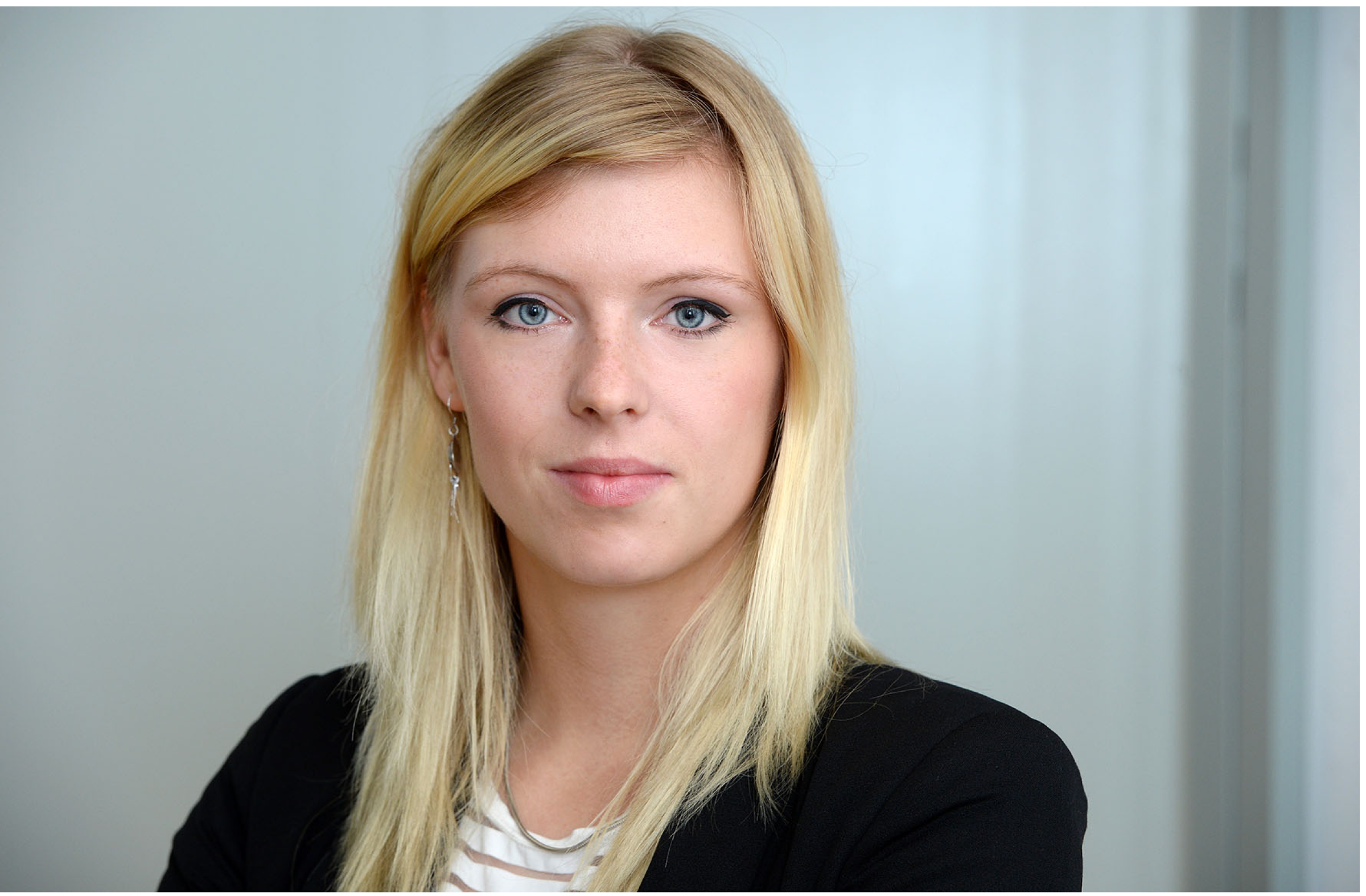Abstract
Carla Hustedt
Director Centre for Digital Society
Stiftung Mercator GmbH
Algorithms are increasingly relied upon in decision-making processes that can have far-reaching implications for all of us. They help doctors diagnose diseases and develop treatment plans. They tell police officers where to patrol. They decide who is going to be invited to the job interview. If these decisions are made by people, and the way they decide seems harmful or unjust, our laws enable us to hold them accountable for their actions and correct them if necessary. Principally, these laws are based on what we, as a society, regard as ‘ethical’. But algorithms make decisions differently and are able to make decisions that human beings can’t because of the amount of data they can take into consideration. Thus, if we wish to hold algorithms accountable for the decisions they make, we need to define the ethical standards that they’re meant to hold up to.
In this seminar, Carla presents the project “A Quality Criteria Catalogue for Algorithms” by Bertelsmann Stiftung. Among others, she discusses the questions “What standards of quality could algorithms be held to?” and, one step further, “How is it possible to make sure that these standards are actually being implemented?”
Speaker bio
Carla Hustedt is the Director of the Centre for Digital Society (Stiftung Mercator). Previously, she was a Project Manager in the Ethics of Algorithms project of the Bertelsmann Stiftung, founded a human rights NGO and worked for a global Public Affairs consultancy. She holds a Master degree in Public Policy from the Hertie School of Governance and a Master in Public Administration from the London School of Economics, where she focussed on e-governance and behavioural economics. In her current work, she is taking a close look at the societal consequences of digital technologies, hoping to contribute to developing technology that can ultimately facilitate greater social inclusion. She sees herself as a neo-generalist, a convener and an intermediary between different stakeholders and discourses on technology, algorithms and AI.

